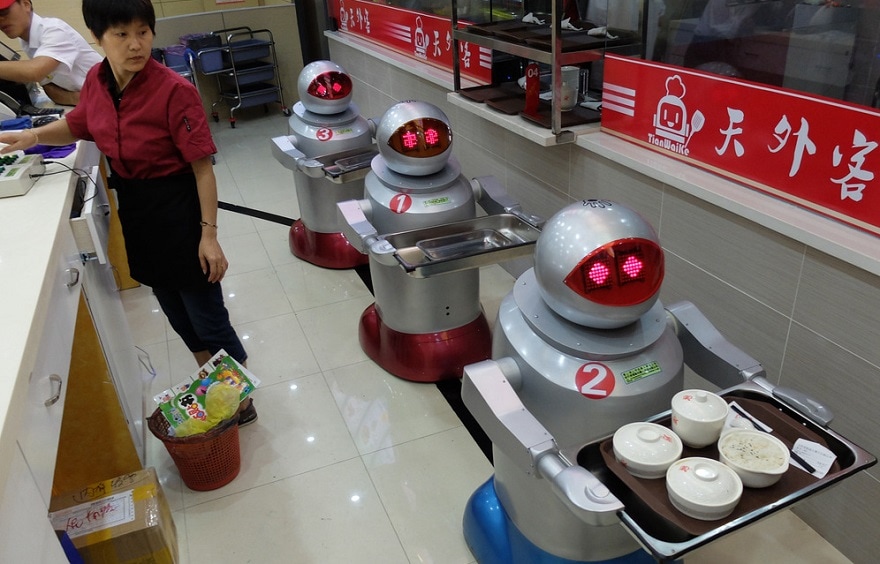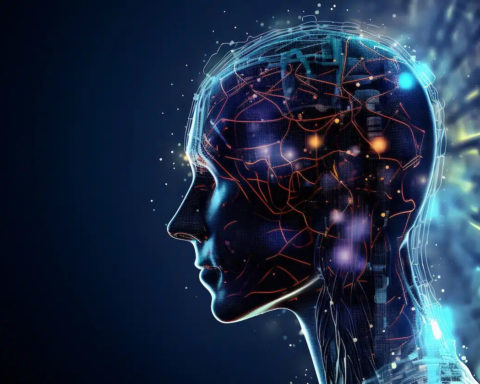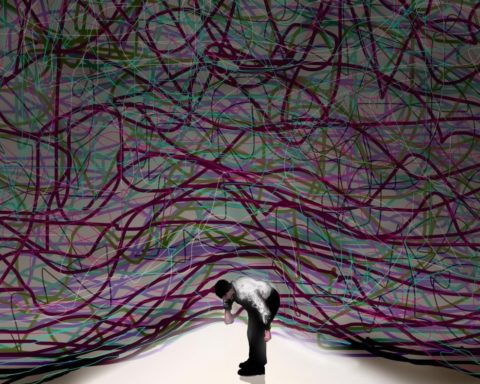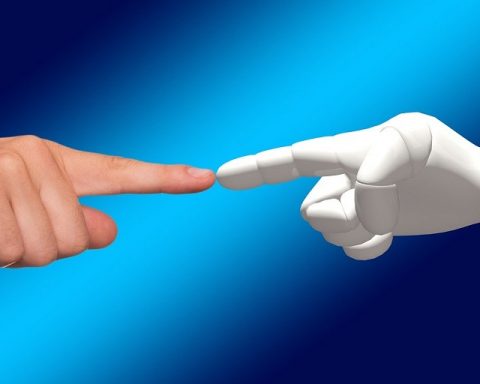Superfluous" men
Social upheavals
READ ALSO IN UP' : Socialist primary: a victory for universal income?
READ ALSO IN UP' : Trends confirmed in 2016: robotics and human revolution increased

READ ALSO IN UP' : Socialist primary: a victory for universal income?
READ ALSO IN UP' : Trends confirmed in 2016: robotics and human revolution increased




Already registered? I'm connecting
Register and read three articles for free. Subscribe to our newsletter to keep up to date with the latest news.
→ Register for free to continue reading.

You have received 3 free articles to discover UP'.





